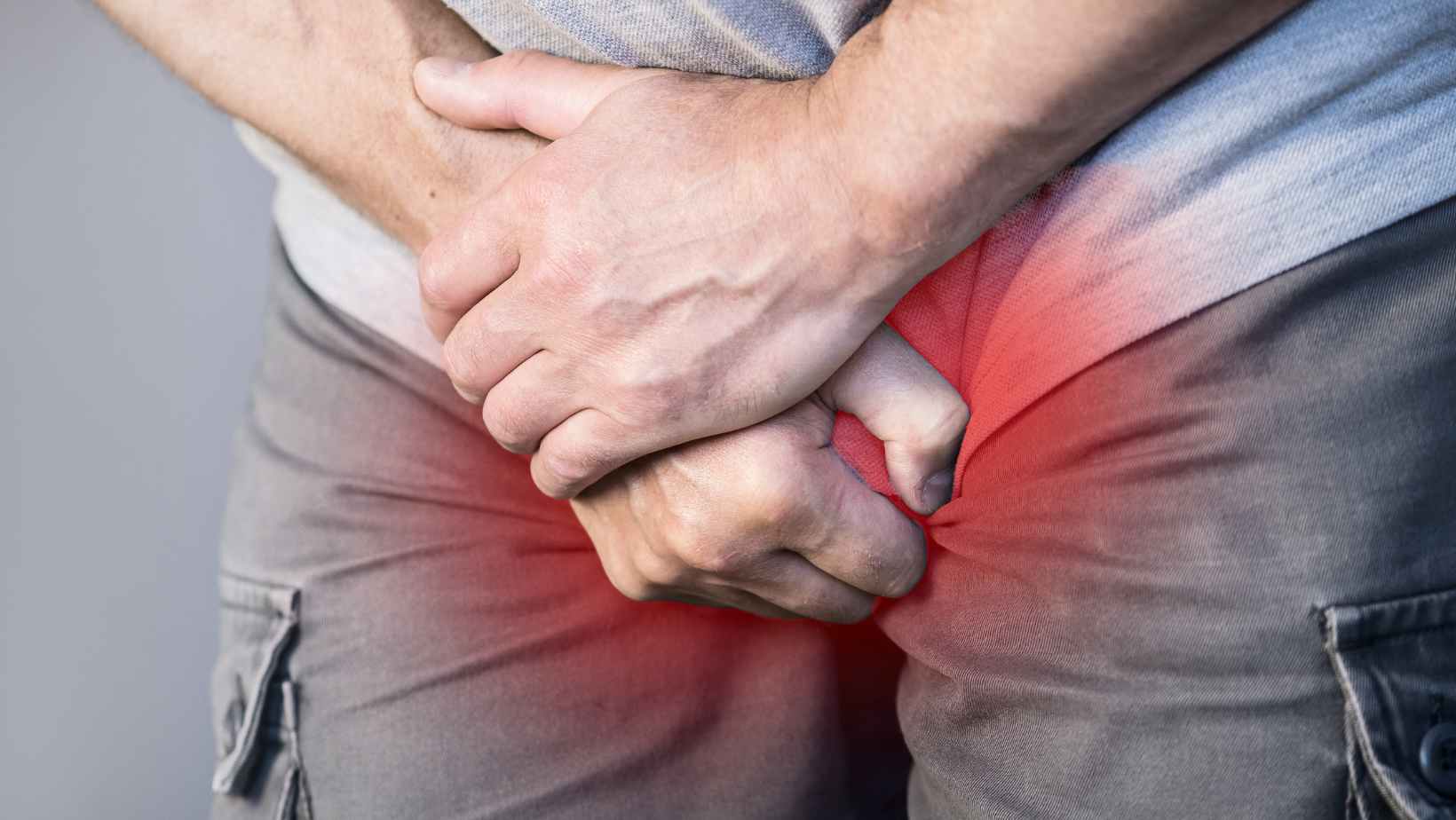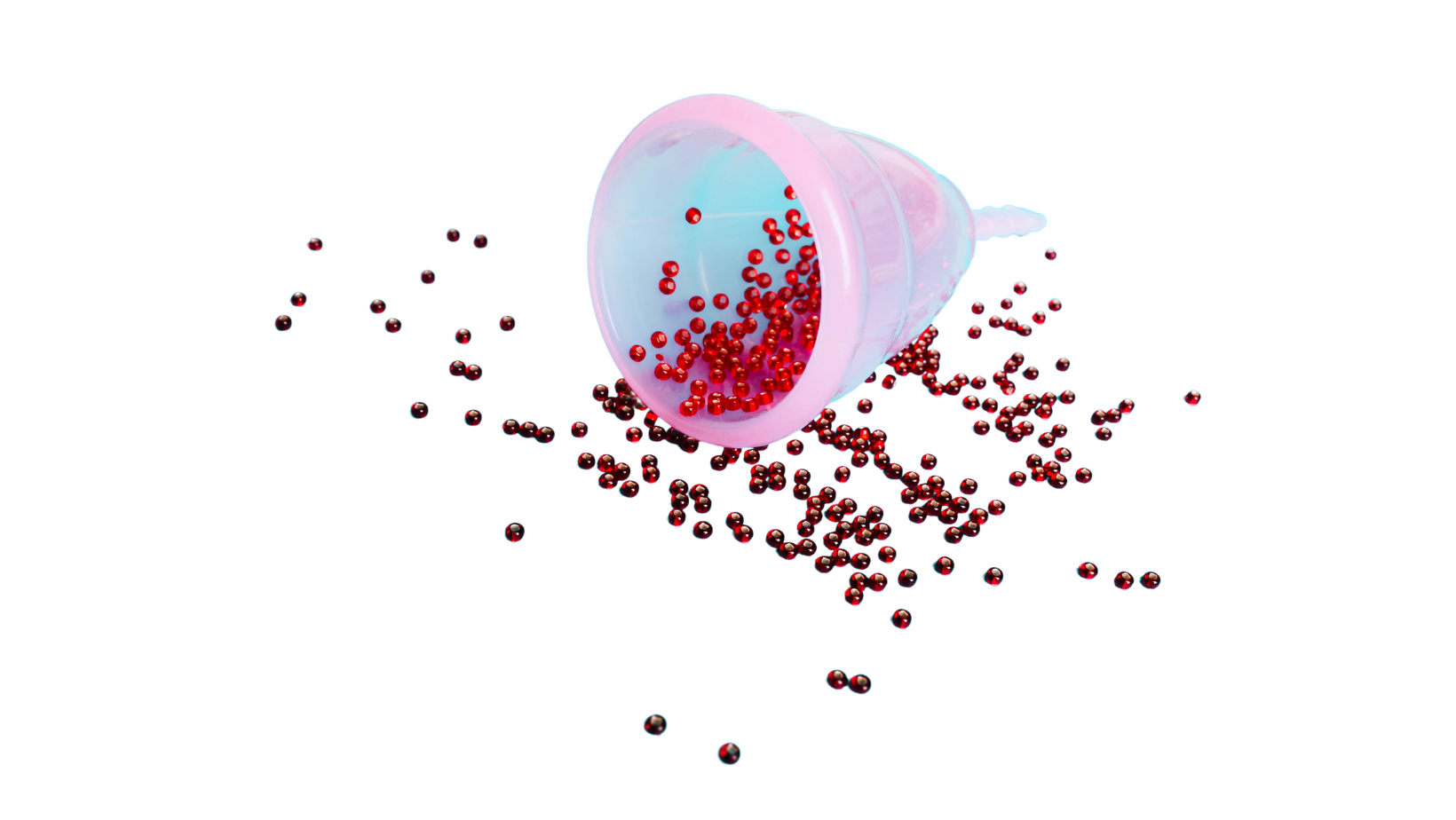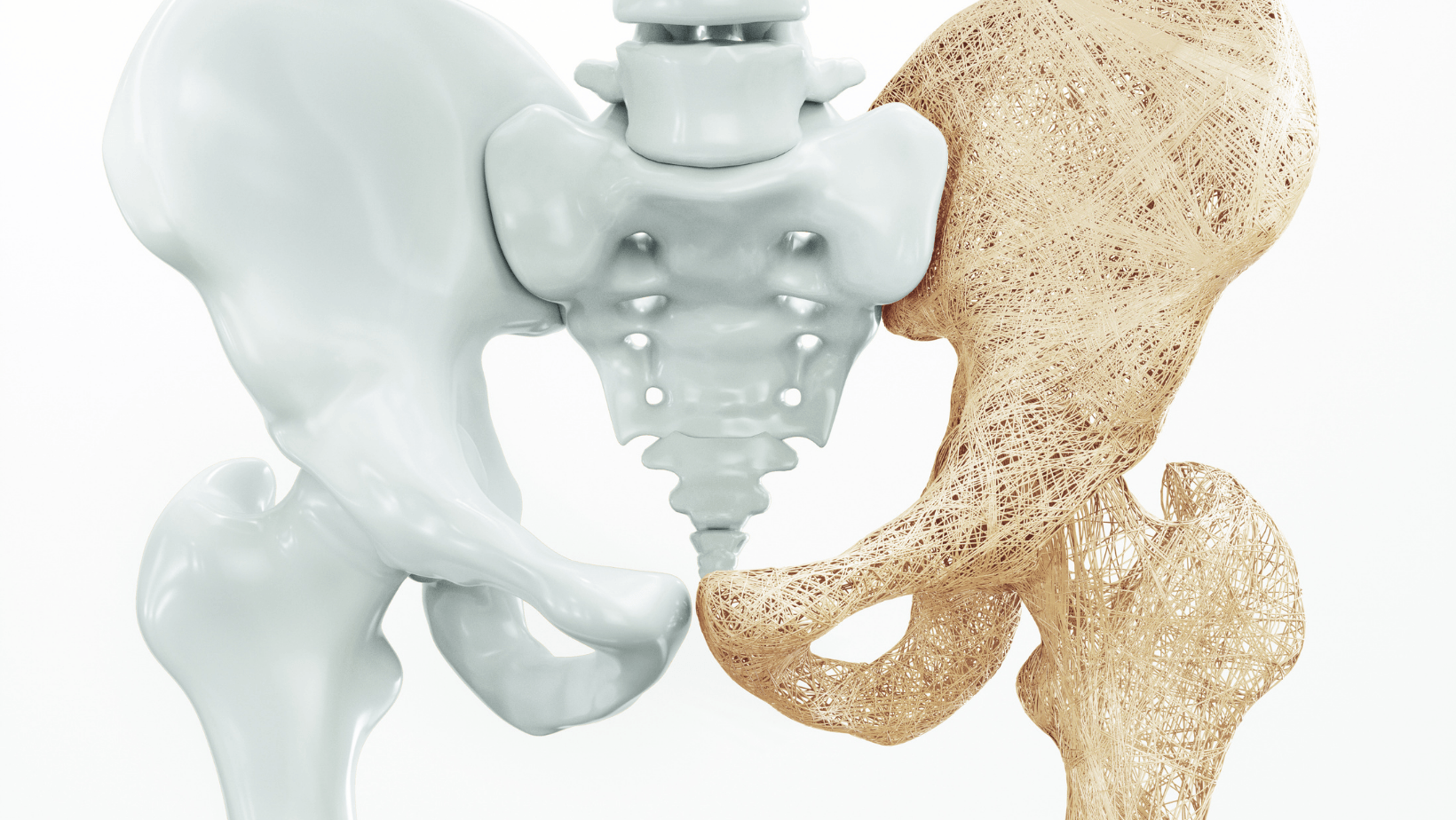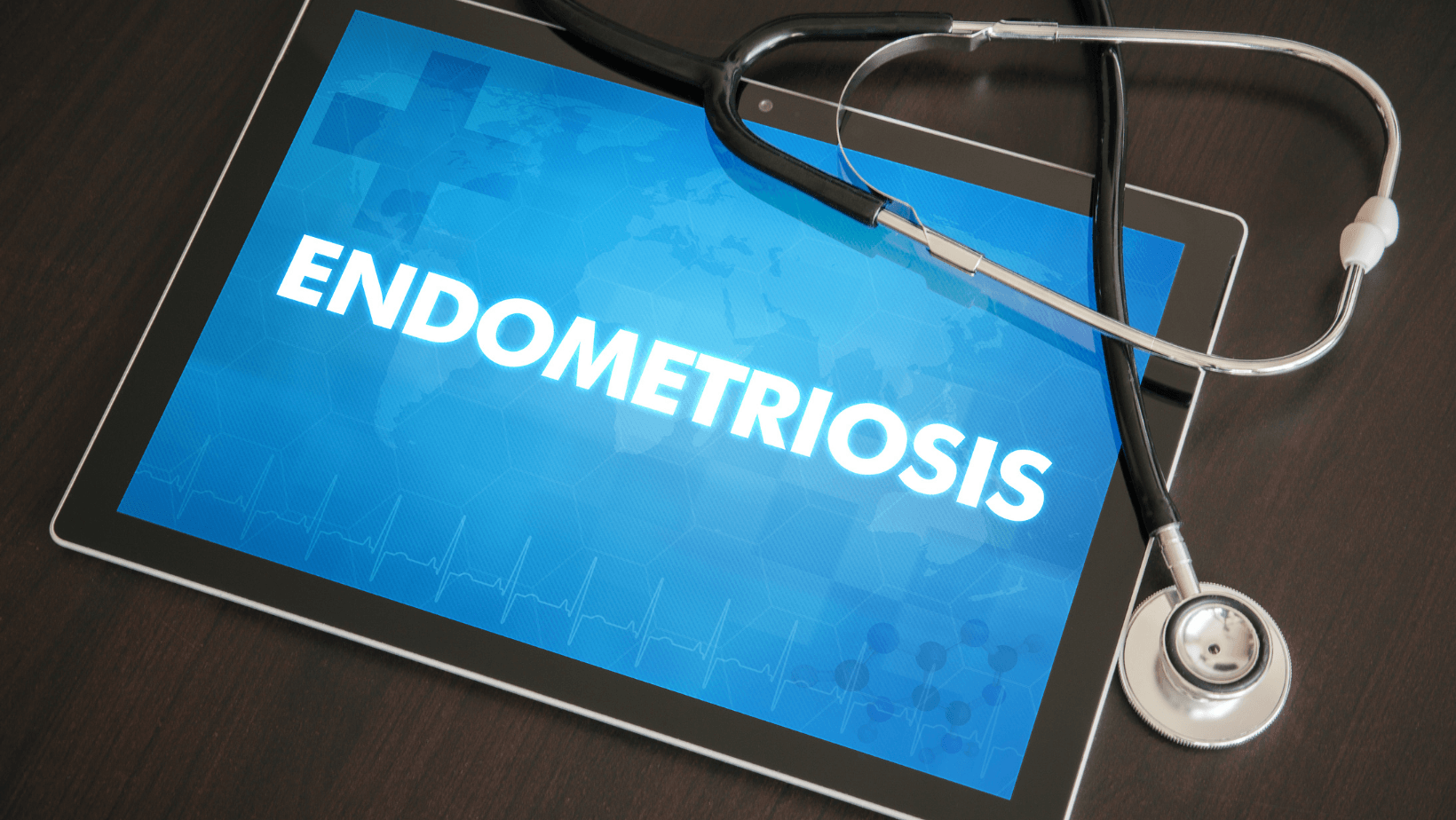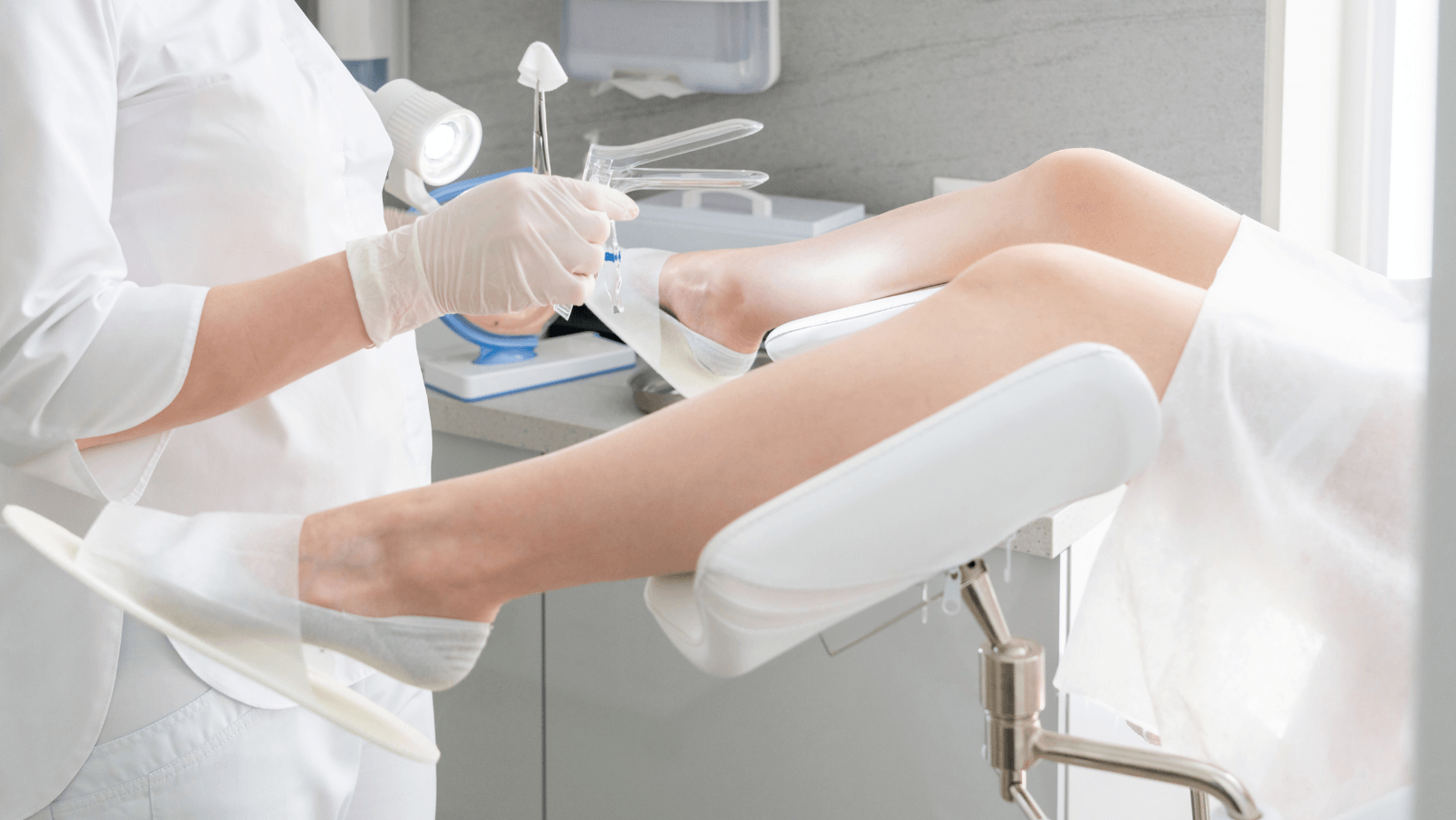Celiac Disease - Symptoms, Causes, and Treatment - Avicenna Health
Celiac Disease
A patient with celiac said: “When I was diagnosed at the age of 15 with Celiac Disease, I was told to adhere to a strict, gluten-free diet, and, I would be well on my way to feeling great. It’s been five years and I find myself never having found that “I feel great” moment. I am a Celiac still struggling, but have learned along the way that, unfortunately, I am not the only one.”
Definition of celiac disease
Celiac disease is an autoimmune digestive disease caused by an abnormal immune reaction to gluten. And over time, this reaction will damage the small intestine’s lining and will lead to malabsorption.
Gluten can be found in rye, wheat, barley, and related grains.
Celiac disease is also known as sprue – non-tropical sprue – gluten-sensitive enteropathy.
Symptoms
This disease usually involves the digestive system and can also affect other parts of the body.
Symptoms in adults may include:
- Abdominal pain
- Diarrhea or Constipation
- Increased gas production
- Bloating
- Weight loss
- Fatigue
- Nausea and vomiting
- Anemia
- Bone or joint pain
Causes
There is no definite cause, but there are many factors that can contribute to the disease.
It can be linked to specific genes. It can also be triggered by stressful medical events; pregnancy, surgery, viral infection.
Gastrointestinal infections and gut bacteria can also have a role in the activation of the disease.
Risk Factors
Celiac disease is more common in people who have:
- Family history with celiac disease or dermatitis herpetiformis
- Type 1 diabetes
- Down syndrome
- Turner syndrome
- Hashimoto’s thyroiditis (autoimmune thyroid disease)
- Addison’s disease (adrenal insufficiency)
- Other autoimmune diseases
When to see a doctor?
If you have digestive discomfort or diarrhea for more than a couple of weeks. And since celiac disease tends to run in families, you can ask the doctor whether you’d better be tested if one of your family members has the disease.
Diagnosis
1. Serology tests – for certain antibodies
2. FBC – to see if there is anemia
3. CRP – to see if there is inflammation
4. Vitamin D, B9, and B12 – to see if there is any vitamin deficiency
5. Iron tests – to see if there is iron deficiency anemia
6. Intestinal fatty acid-binding protein tests - to see if there is damage to the intestine
7. Genetic tests
8. Small bowel endoscopy – to view the small intestine and take a tissue sample (biopsy) to analyze for damage to the villi.
9. Capsule endoscopy
10. Skin biopsy – if the doctor suspects that the patient has dermatitis herpetiformis
Differential Diagnosis
- Crohn’s disease
- Giardiasis
- Tropical sprue
- Peptic duodenitis
- Small intestinal bacterial overgrowth
- Eosinophilic enteritis
- Post-gastroenteritis
Management
There are no drugs to treat celiac disease. All you need is a strict, lifelong gluten-free diet which is the only way to manage celiac disease.
So, it is important to know which food is safe.
Patients with celiac disease need to avoid (these always contain gluten): wheat – rye – barley – semolina – Durum – wheat berries – farro – graham – malt – spelt – bulgur.
Avoid these unless the label says gluten-free:
Beer – bread – cakes – pies – cereals – candy – cookies – noodles – pasta ... etc.
Some medications and kinds of toothpaste contain gluten, so you need to check the label before using them.
If there is anemia or nutritional deficiencies, the doctor may recommend that you take supplements, including:
• Vit B9
• Vit B12
• Vit D
• Vit K
• Iron
• Zinc
• Copper
If you have any concerns about non-emergent health conditions, you may schedule a telemedicine consult with Avicenna Health provider for individualized consultation.
References
Mayo clinic
Healthline
WebMD
BMJ
URGENT CARE
FOCUSED CONSULTANT
$99
or even less with a qualified plan!
VIRTUAL PRIMARY CARE
INITIAL COMPREHENSIVE VISIT
$249
or even less with a qualified plan!
VIRTUAL PRIMARY CARE
FOLLOW-UP VISIT
$129
or even less with a qualified plan!
START YOUR VISIT
Once your registration is completed, you will receive an email with the appointment confirmation. At the time of your appointment, you will receive a text message to your smartphone with a link that connect you directly to our virtual doctors for a video consult. For best video and consultation quality, please connect to a Wi-Fi.
If you prefer to use your laptop or a desktop for your video visit, please follow the instructions in your email.
LAB TESTING
Patients using Avicenna will be offered the option to get an electronic lab slip order to be done at their laboratory facility of choice. These options may include Labcorp, Quest Diagnostics or any other preferred facility of choice. Once the results are received and uploaded in our system, you will have the option to review the lab results on your patient portal and schedule a virtual follow up appointment to discuss results with your provider.
IMAGING STUDIES
CONTACT US
Phone: 833-AVICENA
(833-284-2362)
Fax: 479-777-7123
Phone: 833-AVICENA (833-284-2362)
Fax: 479-777-7123
Copyright © 2021 Avicenna Health | Powered by Soubhi Hadri | All Rights Reserved | Privacy Policy

